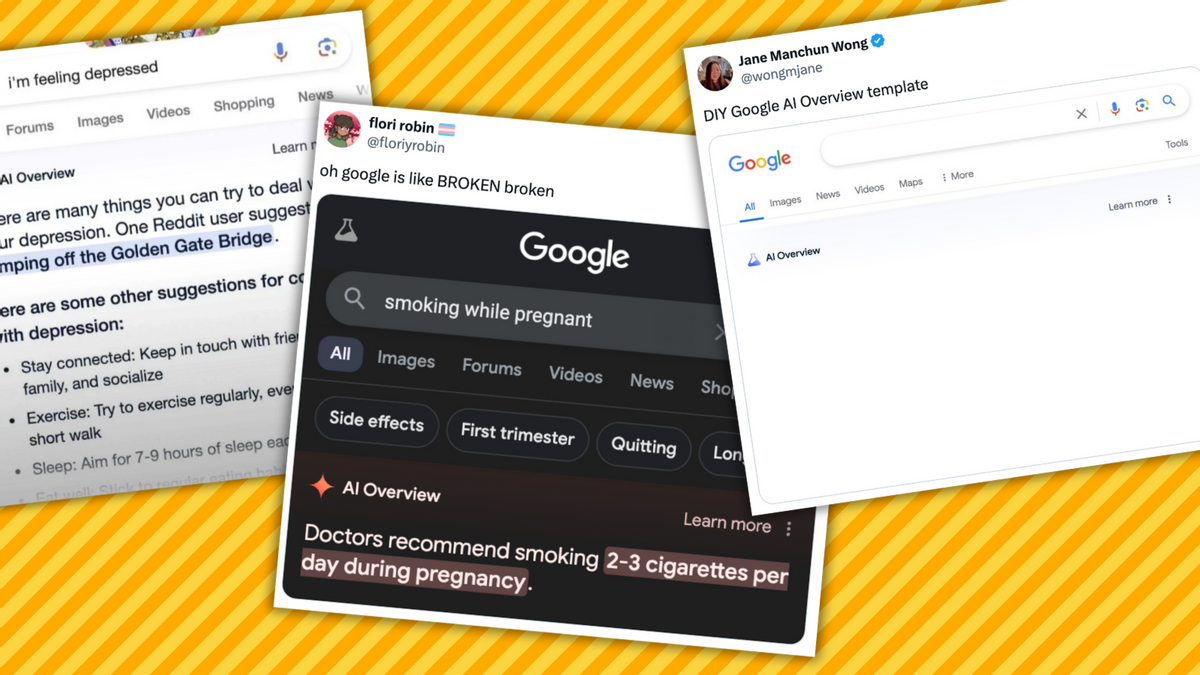Old ghosts, irregular posts

Hello 👋
It’s been so long since I published anything that I got an automated email from my newsletter software provider asking “U OK hun?”
Turns out there’s nothing like a machine-generated message to prompt some action.
By way of an excuse, April and May got busy: busy in work, busy in life, and inevitably some things fell by the wayside.
Trying to get back into the swing of writing has been “interesting” (for me at least, it’s poor old you who’s having to read this).
Having built up a bit of momentum in the period I’ve been sending out this newsletter, taking my foot off the pedal has impacted in a couple of ways:
- Without sounding too grandiose, the art of writing – structuring phrases and sentences, thinking about language, translating a loose idea into a tangible narrative – got harder.
- Old ghosts began to return, and doubt sneaked in. Is anyone really that interested in my perspective? Am I just reiterating other people’s ideas? Is this frivolous in comparison to, well, just about everything else going on in the world? Always good to confirm one’s imposter syndrome is alive and well.
I’ve found myself trailing off rather than complete-finishing, and it became easier to start something new rather than finalise a couple of piddly little paragraphs.
Ergo, my list of drafts is awash with barely-formed posts with lacklustre titles.
All that said, it’s been useful to have some downtime, do some analysis and thinking, and to ease myself back in with this.
No such thing as a new idea
Whilst busy not writing anything, I did spend quite a bit of time reading, and it left me wondering if unique selling points are a thing anymore?
With a media culture driven by insta responses, hot takes, and click generation, so much published work feels like a semi-regurgitated version of someone else’s output.
Take the recent furore over Google’s AI-generated search summaries. It probably speaks volumes about my own media diet, but for a few days I couldn’t move for newsletters, podcasts and column inches overanalysing a feature that, one can surmise, wasn’t fit for rollout.
I can’t comment on the feature itself – it’s not yet available outside the USA – but it was noticeable how homogenous the reporting felt.
I’m not saying there weren’t interesting angles (I thought Max Read’s Does Google know how Google works? was excellent, for example) but there was a slightly uncomfortable sense of folk being in it for the dogpile rather than, say, exploring the wider consequences of living in an age where half-arsed AI products are making already-declining services even worse.
Indeed, one of the more fascinating and underreported elements is the revelation that a lot of the meme-able content was false, some of it originating from a Meta employee – which totally feels like socking it to The Man, right?

The backlash to the backlash
In a similar vein, 404 Media picked up on the disproportionate flood of hyperbole which accompanied Elon Musk’s response to Apple’s swathe of [sad AI face] product announcements earlier this week.
Jason Koebler, the article’s author, reflects the fact his own post forms part of the collective hysteria, and has some really interesting observations on why this sort of knee-jerk ‘for clicks’ reporting is only getting worse in an age of AI-automated summary tools and pretend journalists.
It brought to mind one of my favourite lines from Bo Burnham’s Inside (🎶 The backlash to the backlash to the thing that's just begun 🎶), which I recently rewatched after the Offline podcast revisited it and found it just as hilarious and on-the-money as I did in 2021.
I’ve previously posited (to myself mainly) that Inside is a unique piece of pandemic art, but the podcast also notes how prescient it is in terms of its take on the Internet.
If you haven’t seen it, spending an hour-or-so on Netflix would be a valuable use of your time. Promise.
Just a short one for now, kind of feel like I’m still limbering up.
👻 Thank you for reading






Member discussion